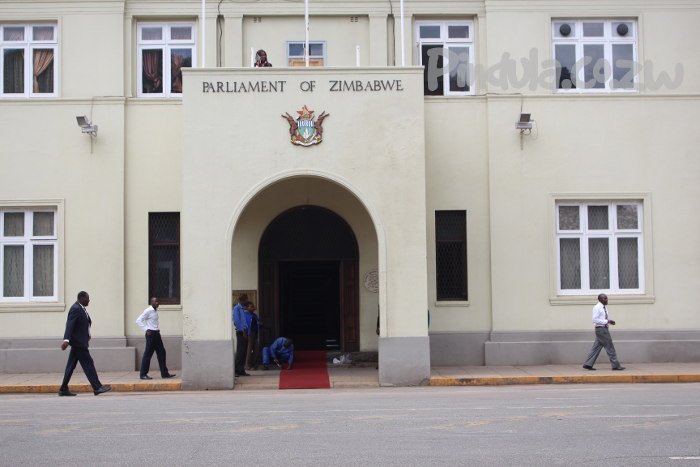Legal think tank, Veritas has recommended that the Mines and Mineral Bill safeguards villagers in mineral rich areas from displacement without compensation and alternative land.
Zimbabwe is endowed with vast mineral resources with the mining sector being among the largest foreign currency earners.
Although the government has set an ambitious target of achieving a US$12 billion mining industry by 2023, villages who reside in communities endowed with mineral resources have been at the receiving end of human rights violations and displacements.
In some cases, villagers have been displaced with little or compensation.
Twenty years ago, over 1000 families were forced off their ancestral land in Chiadzwa to make way for diamond mining.
Until today, some villagers still anticipate that they will be compensated for the forced removal from their land.
The same practice continues around the country with vulnerable villagers leaving their homes to make way for mining companies.
The new law shouls protect villagers
Speaking during The Mines and Minerals Bill public hearing held in Harare last week Veritas Media Officer Paidamoyo Muzulu suggested that the law should protect villagers in mining areas.
“Miners and those who seek land have precedence over those people who are already staying there on that land.
“We have seen that people are being moved from their areas without adequate compensation and we think that people who stay in communal areas should be safeguarded by the state, so that they cannot be moved arbitrarily without getting some place where they should be relocated,” he said.
The parliamentary committee on Mines and Mining Development held six public hearings across the country in a bid to solicit views from the public in regard to the Mines and Minerals Bill that was gazetted on 3 February 2023.
The bill replaces the one approved by parliament, but President Emmerson Mnangagwa declined to assent citing that some sections violated the constitution.
The bill seeks to replace the 1961 law which Civil Society Organizations (CSOs) have called outdated.



